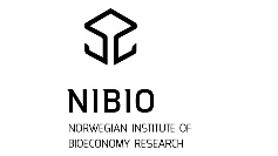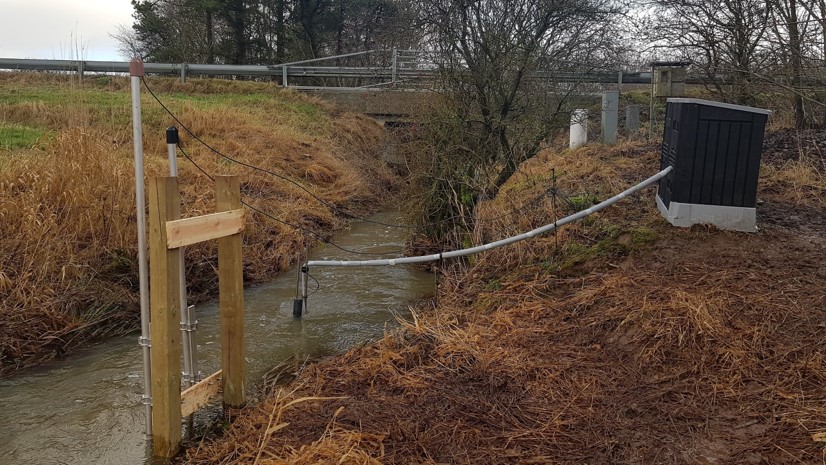Workpackage 2
Online sensor technologies
Objectives
WP2 aims to clarify to which degree sensors can meet the data needs for stakeholders dealing with eutrophication problems, showcase sensor opportunities in monitoring programmes, and increase citizen awareness by establishing living labs for online data demonstrations.
Tasks
- 2.1: Investigate stakeholders’ needs for data when assessing safe ecological boundaries in different types of water bodies.
- 2.2: Identify ‘living labs’ for demonstration of sensor stations, including real-time data transfer, to enhance citizen awareness and further develop and explore the use of early warning systems
- 2.3: Evaluate the impact of sensor use in future regular monitoring programmes for reaching safe ecological boundaries in freshwater.



